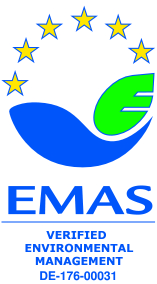Preparing, Detecting and Investigating Cybercrime Incidents in Financial Institutions
|
, 8 May 2017 – 9 May 2017 |
|
|
Language: |
|
|---|---|
|
Event number: |
317D63 |
 |
|
|
Areas of law: |
|
|---|
Objective
Financial institutions are a constant target for cybercriminals. The long-term impact of a cyber attack could be substantial loss of revenue, valuable data or other company assets. Litigation costs and reputational damage could also result in immediate material loss of shareholder value. Combined with other technology threats to banking channels, such as skimming and ATM malware, financial institutions face significant challenges to protect their clients. The purpose of this seminar is to describe for financial institutions the steps that can be taken proactively to detect and respond to financial cybercrime attacks. It provides a unique perspective by combining insights from industry experts with the experience of prosecutors and judges who have investigated these types of crimes.
Key topics
- Threats posed by skimming devices and ATM malware
- Preparing for prosecution following a financial crime incident
- Proactively detecting and reacting to financial cybercrime attacks
- Best practices
Who should attend?
The content of this event will be of interest to fraud/cybercrime investigators, IT/information security staff and general counsel within financial institutions as well as lawyers in private practice.
Programme
Accommodation
Overnight accommodation in Trier
There are special rates for ERA participants at three excellent hotels in Trier.
There are special rates for ERA participants at three excellent hotels in Trier.







